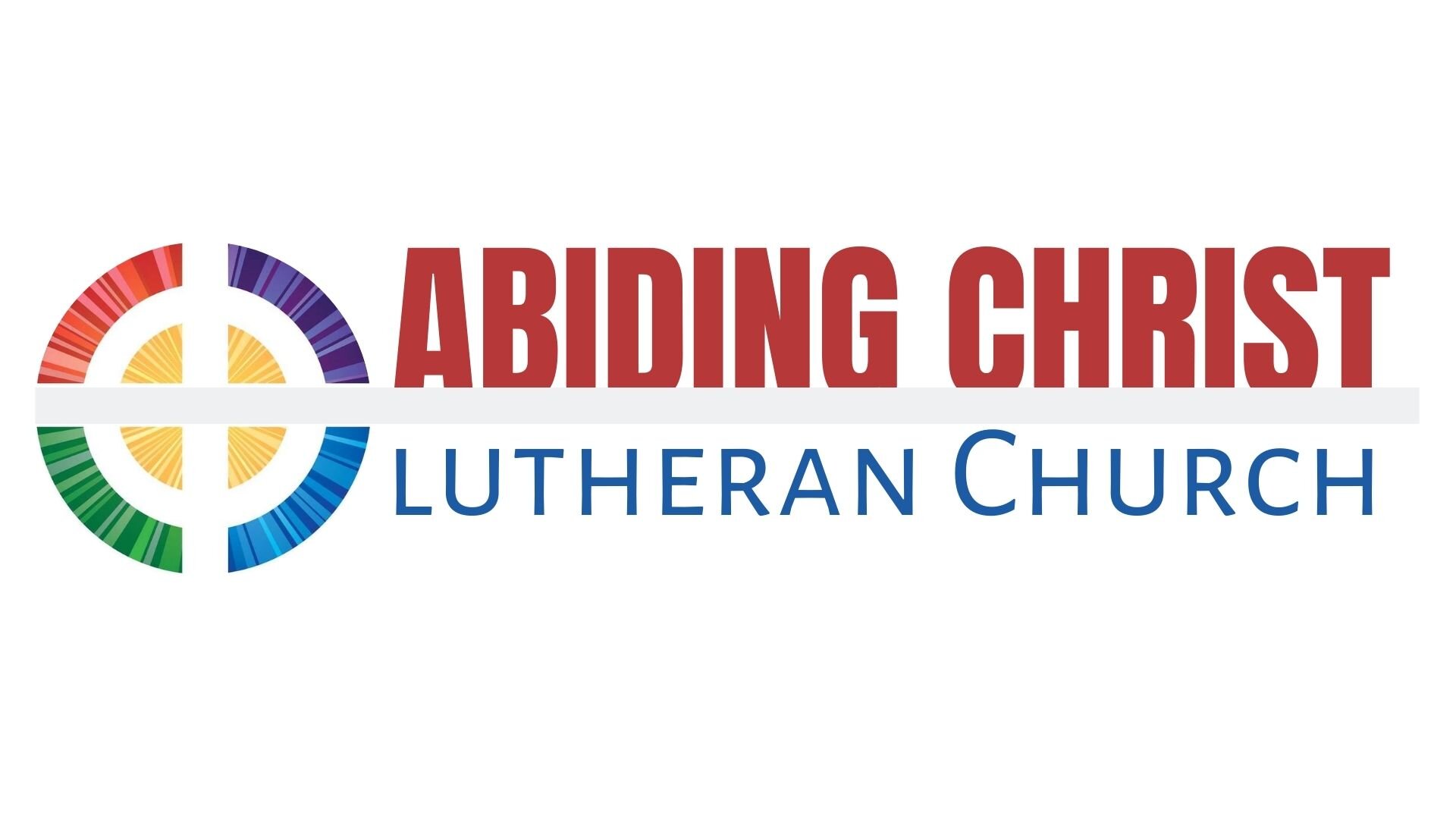O Holy Night
O Holy Night
1. O holy night! the stars are brightly shining;
It is the night of the dear Savior’s birth.
Long lay the world in sin and error pining,
Till He appeared and the soul felt its worth.
A thrill of hope- the weary world rejoices,
For yonder breaks a new and glorious morn!
Fall on your knees! O hear the angel voices!
O night divine, O night when Christ was born!
O night, O holy night, O night divine!
2. Led by the light of faith serenely beaming,
With glowing hearts by His cradle we stand.
So led by light of a star sweetly gleaming,
Here came the Wise Men from Orient land.
The King of kings lay thus in lowly manger,
In all our trials born to be our Friend.
He knows our need— to our weakness is no stranger.
Behold your King, before Him lowly bend!
Behold your King, before Him lowly bend!
3. Truly He taught us to love one another;
His law is love and His gospel is peace.
Chains shall He break, for the slave is our brother,
And in His name all oppression shall cease.
Sweet hymns of joy in grateful chorus raise we;
Let all within us praise His holy name.
Christ is the Lord! O praise His name forever!
His pow’r and glory evermore proclaim!
His pow’r and glory evermore proclaim!
In 1847, Placide Cappeau de Roquemaure was the commissionaire of wines in a small French town. Known for his poetry. not his church attendance, it shocked Placide when his parish priest asked him to write a poem for Christmas Eve mass. In a dusty coach traveling down a bumpy road to Paris, Cappeau considered the request and using the gospel of Luke as his sourve imagined witnessing the birth of Jesus. By the time he arrived in Paris, "Cantique de Noel" had been written. Not musically inclined himself, the poet turned to one of his friends, the well-known classical musician, Adolphe Adamsto write the tune. Ironically Adams being Jewish, the words represented a day he didn't celebrate. Nevertheless, he wrote an original score and the song was performed just three weeks later at a Midnight Mass on Christmas Eve. "Cantique de Noel" was wholeheartedly accepted by the church in France but when Placide Cappeau became part of the socialist movement and church leaders discovered Adolphe Adams was a Jew, it was suddenly and uniformly denounced as unfit for church services. Even so the French people continued to sing it, and a decade later a reclusive American writer John Sullivan Dwight brought it to America and popularized it here. Dwight, an ardent abolitionist, strongly identified with the lines of the third verse: "Truly he taught us to love one another; his law is love and his gospel is peace. Chains shall he break, for the slave is our brother; and in his name all oppression shall cease."
Back in France, though the song had been banned from the church for two decades, legend has it that on Christmas Eve 1871, in the midst of the Franco-Prussian War, a French soldier jumped out of his trench. Boldly standing with no weapon in his hand or at his side, he lifted his eyes and sang, "O Holy Night, the Stars are brightly shining…” After he finished, a German soldier climbed from his trench and answered by singing Martin Luther’s great Christmas hymn, “From Heaven Above to Earth I Come!” The story goes that the fighting stopped for twenty-four hours as both sides observed a peace in honor of Christmas day. This story had a part in the French church once again embracing "Cantique de Noel" in Christmas worship.
On Christmas Eve 1906, Reginald Fessenden--a 33-year-old university professor and former chemist for Thomas Edison-- spoke into a microphone and for the first time in history, broadcast over radio airwaves: "And it came to pass in those days, that there went out a decree from Caesar Augustus, that all the world should be taxed," he began in a clear, strong voice, hoping he was reaching across the distances he supposed he would. Shocked radio operators on ships and astonished wireless owners at newspapers sat slack-jawed as their normal, coded impulses, heard over tiny speakers, were interrupted by a professor reading from the gospel of Luke. Fessenden was unaware of the sensation he was causing on ships and in offices; he couldn't have known that men and women were rushing to their wireless units to catch this Christmas Eve miracle. After finishing his recitation of the birth of Christ, Fessenden picked up his violin and played "O Holy Night," the first song ever sent via radio waves.
This is a song that we used to sing annually on Christmas Eve, it was retired for over a decade, but this year Deacon Robyn asked Leann Fourman, Leah Bray and Christa CLelan to sing a trio, she then wrote, arranged and directed the band and choir parts for "O Holy Night".

